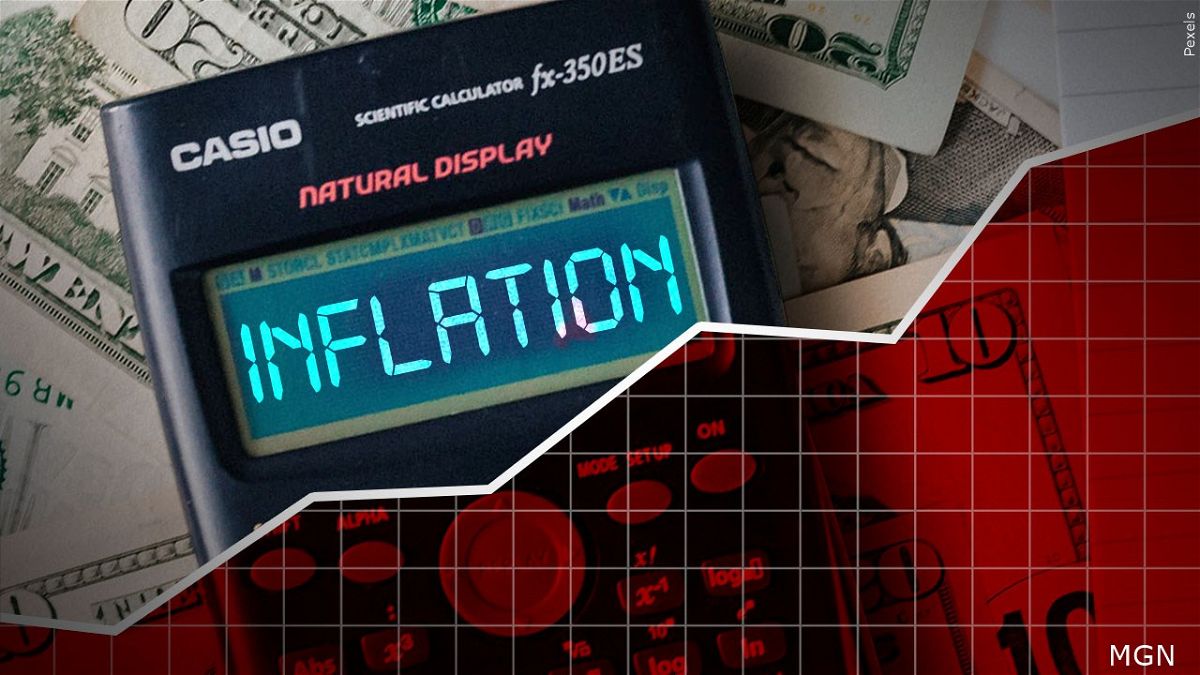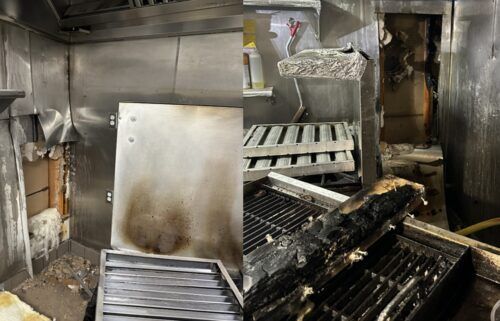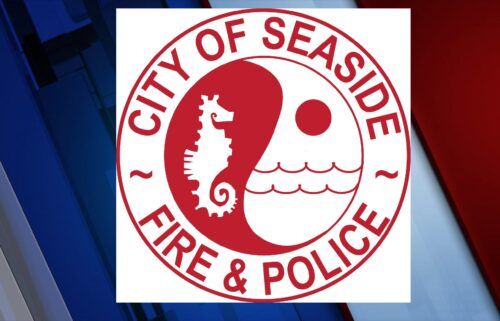How the Russian invasion of Ukraine could affect inflation on the Central Coast

SALINAS, Calif. (KION-TV) -- Americans are being told to brace for tough times ahead — as President Biden unveils new sanctions on Russia meant to punish the country for its invasion of Ukraine.
In a televised press conference Thursday, the President announced the new sanctions, which include export blocks on technology, which Biden said will limit Russia's ability to advance its military and aerospace sector.
Sanctions will also be placed on Russian banks, to target "corrupt billionaires."
"Putin is the aggressor. Putin chose this war. And now he and his country will bear the consequences," said President Biden.
"There does have to be these types of sanctions imposed to let Vladimir Putin know that attacking a democracy just because you want to take it over is something that we will not stand for," said Congressman Jimmy Panetta during an interview with KION.
Impacts were already being felt on the Central Coast less than a day after the invasion — gas prices hit new record highs all across the state Thursday, including the Salinas ($4.839) and Santa Cruz ($4.782) areas. Salinas had already hit a record high the day before, but Santa Cruz had not, according to AAA data.
"You have to be honest with the American public. You have to be honest about the consequences of this type of unprovoked, unjustified attack," said Panetta. "There's going to be consequences on the American people, and that does mean higher gas prices. That does mean higher commodity prices, therefore higher food prices as well."
Russia is the third-largest oil producer in the world, and while the U.S. doesn't rely on Russia's oil as much as Europe and Asia do, their actions impact the global supply.
But it's not just gas prices — the crisis in Europe could affect everything from automakers to grocery stores.
"We also could see agricultural prices for wheat and corn rise because Russia and Ukraine are big exporters," said CBS News Senior Business Analyst Jill Schlesinger on CBS Mornings. "And we could see metal prices when we look at iron ore, looking at palladium used in those chips that we need in cars."
Rep. Panetta said Congress is focusing on bolstering manufacturing to meet demand right here in the U.S.
"So that products are made in America and we don't have to rely on products overseas," said Panetta.
Meanwhile, President Biden has said that he will not send American forces into Ukraine — but they will defend our NATO allies.
"Our forces are not going to Europe to fight in Ukraine, but to defend our NATO allies and reassure those allies in the East. The United States will defend every inch of NATO territory with the full force of American power," Biden said Thursday.
"And that's our responsibility to our allies, to our NATO partners. But the last thing we hope to do is invoke Article 5 under NATO and basically send troops into harm's way. However, that is something that ultimately is something we always need to be prepared for, especially when dealing with someone like Vladimir Putin," added Panetta.
Rep. Panetta said they are still discussing taking in potential refugees as the crisis continues — saying Congress will be discussing budget negotiations next week.




